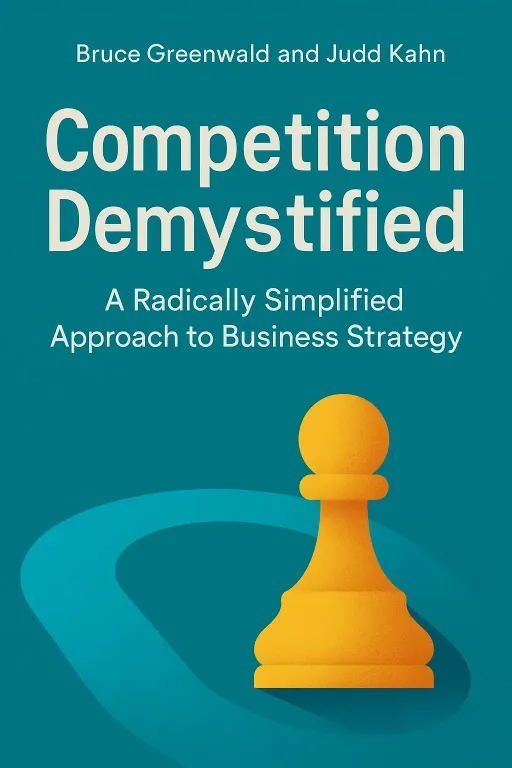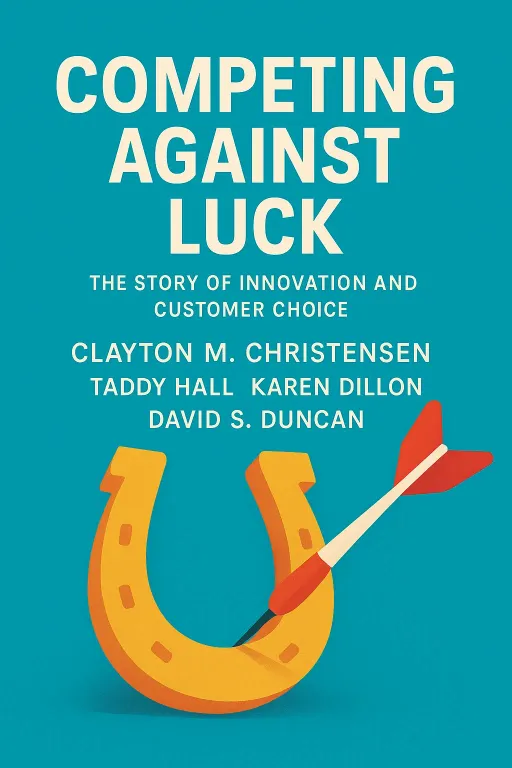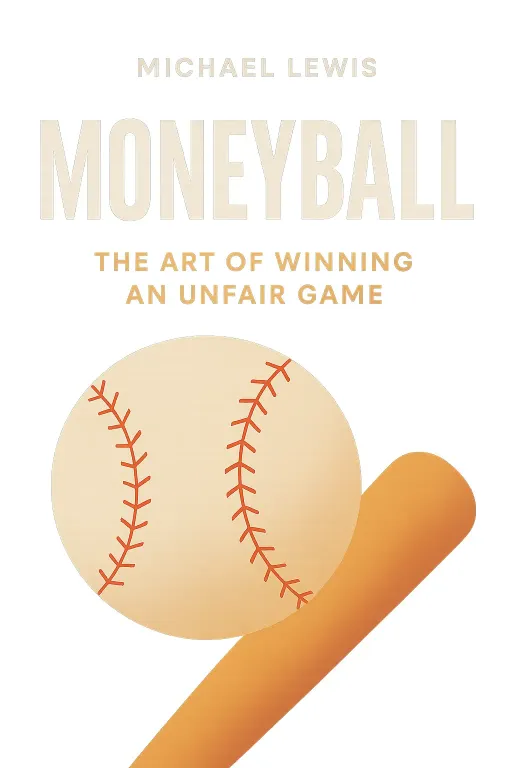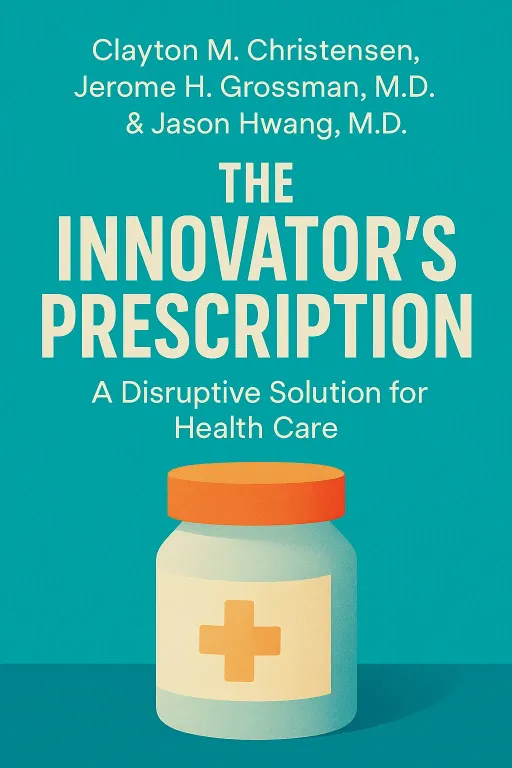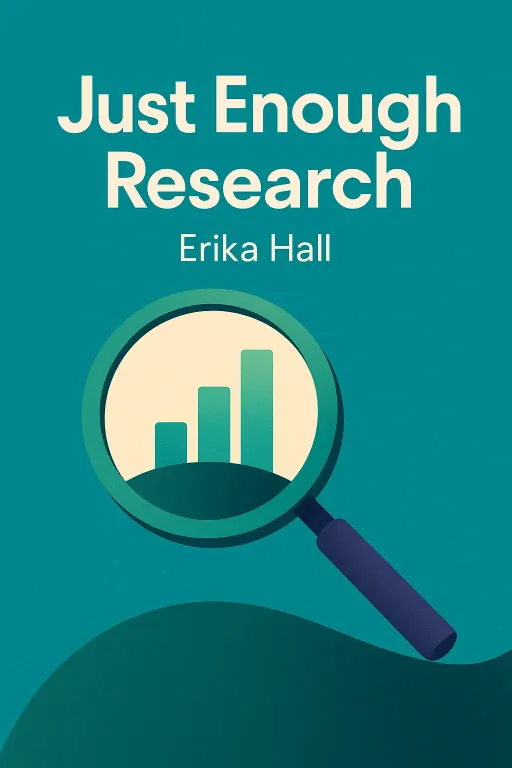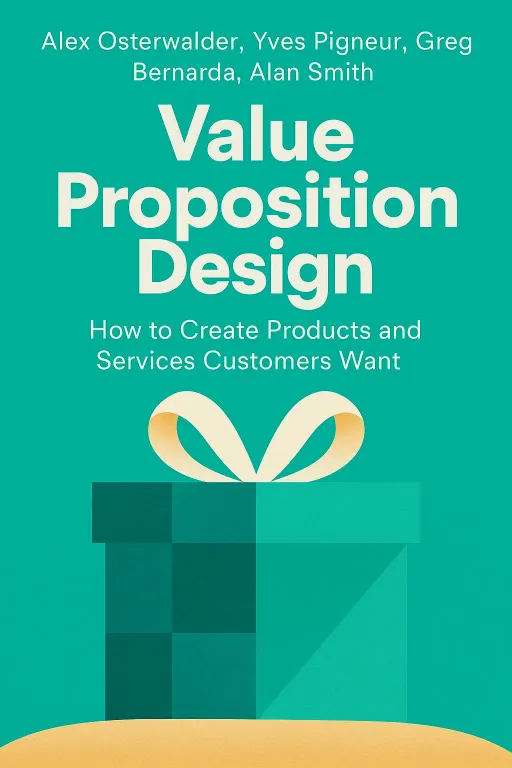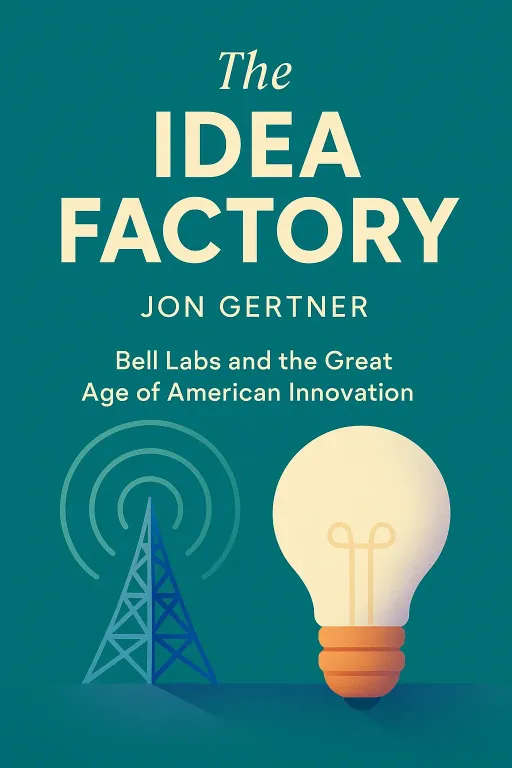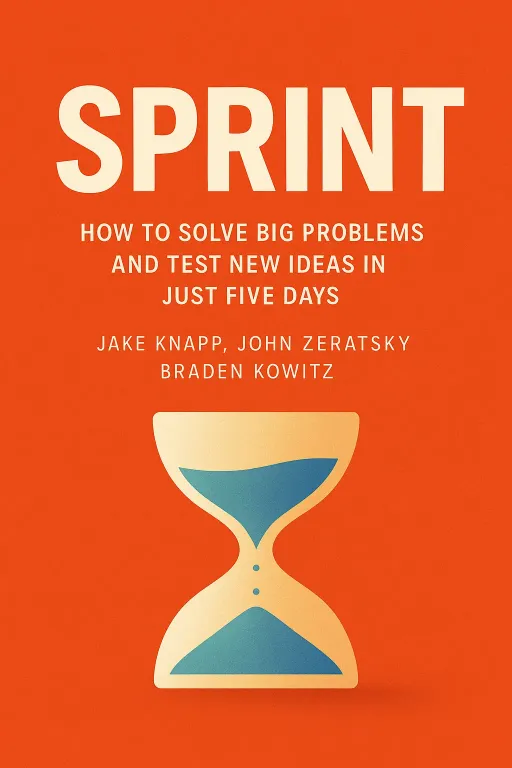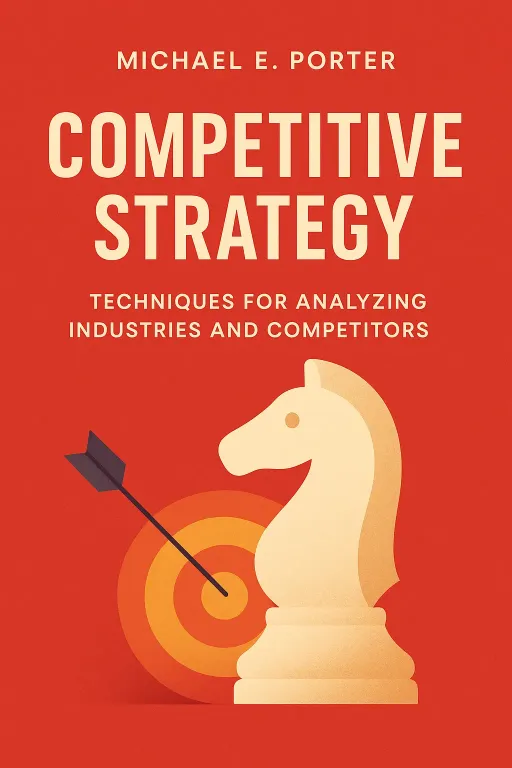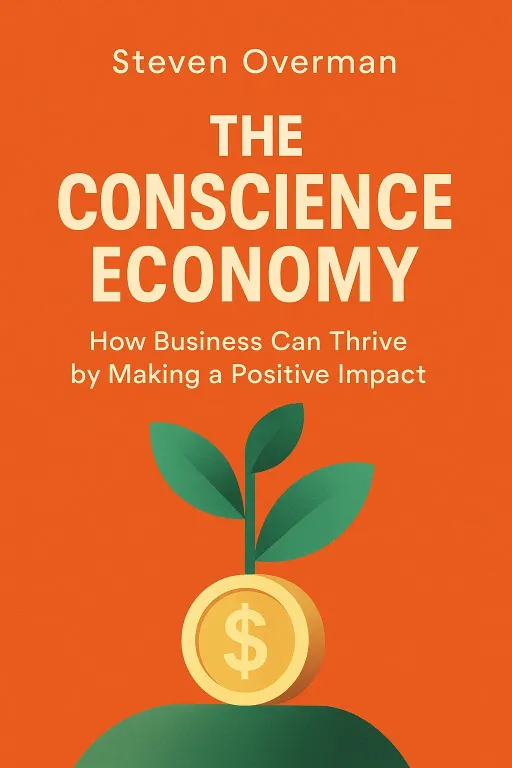
The Conscience Economy
10 minHow Business Can Thrive by Making a Positive Impact
Introduction
Narrator: In 2013, the CEO of the global pasta giant Barilla stated on a radio show that his company’s ads would only ever feature a "classic family." He added that if gay people "don't like it, they can go and eat another brand." The backlash was immediate and fierce. A global boycott, organized on social media, spread like wildfire, hammering the company’s reputation and sales. What had changed in the world to make a CEO's off-the-cuff remark a full-blown business crisis? This incident wasn't just about social media; it was a symptom of a much deeper economic transformation.
In his book, The Conscience Economy, author and business leader Steven Overman argues that this event signals the rise of a new paradigm. He contends that we are moving into an era where a company's values are no longer a footnote but a core driver of its success. The book explores how businesses can thrive not in spite of, but because of their commitment to making a positive impact on the world.
The Rise of the Values-Driven Consumer
Key Insight 1
Narrator: The foundation of the Conscience Economy is a profound generational shift in values. Overman argues that for a new generation, the line between "doing well" and "doing good" is dissolving. Success is no longer measured by wealth alone, but by the positive impact one has on the world. This isn't just a vague ideal; it's a powerful economic force reshaping consumer behavior.
Overman illustrates this with a story from a hip London restaurant. He overhears a charismatic young entrepreneur on a date, proudly telling his companion about his company's latest success. The young man explains that his tech firm, which supports sustainable energy, just secured another nine million in financing. But what makes him truly proud, he says, is that "we're not just doing well. We're doing good." This sentiment, Overman notes, is the new currency of status and aspiration. This generation makes purchasing decisions based on ethical considerations, supports businesses that are transparent about their practices, and uses technology to hold companies accountable. For them, every dollar spent is a vote for the kind of world they want to live in.
A Brand Is a Belief System
Key Insight 2
Narrator: In the Conscience Economy, a brand is no longer just a logo, a jingle, or a clever marketing campaign. It has become an emblem of a company's soul—its core beliefs, values, and commitments. Overman asserts that the most powerful brands are those that stand for something meaningful, creating an emotional connection with consumers who share their beliefs.
The Barilla boycott serves as a stark example of this principle in action. When the CEO's comments clashed with the values of millions of consumers, the brand's reputation suffered instantly. In contrast, Overman points to companies like Apple and organizations like the NFL, which have taken public stances on social issues like LGBTQ+ rights. By doing so, they signal what they stand for, attracting customers who see those brands as a reflection of their own identity. The central message is that to stand out, a brand must stand for something. This belief system must be authentic and permeate the entire organization, from the supply chain to employee culture, because in a transparent world, any disconnect between what a company says and what it does will inevitably be exposed.
The End of Business as Usual
Key Insight 3
Narrator: The rise of the Conscience Economy signals the death of two long-standing business functions as we know them: Corporate Social Responsibility (CSR) and traditional marketing. Overman argues that CSR, often treated as a separate department for philanthropy or reputation management, is becoming obsolete. Simply writing a check to a charity is no longer enough. Instead, social and environmental impact must be woven into the very fabric of the business model.
A powerful example of this integration is the story of Duncan Goose, a successful advertising executive who felt a deep sense of emptiness in his corporate life. He quit his job and, while on a motorcycle trip through Honduras, witnessed the devastation of a hurricane and the profound value of clean water. This experience didn't just inspire him to donate to a cause; it inspired him to create a business. He founded One Water, a bottled water company that dedicates its profits to funding clean water projects in developing nations. The social mission isn't an add-on; it is the business. Similarly, one-way marketing, which bombards consumers with messages, is being replaced by a model of "matchmaking"—building genuine, long-term relationships with customers based on shared values and two-way conversation.
Innovation Through Collective Genius
Key Insight 4
Narrator: In the Conscience Economy, breakthrough innovation is no longer the domain of a few brilliant minds working in isolation. Instead, it has become a collaborative, collective process. Overman emphasizes that the most successful and resilient solutions emerge when businesses give up top-down control and invite their communities, customers, and partners to help create the future.
He provides a compelling case study from San Francisco's Castro District. The community received a large settlement to build a men's health center but was paralyzed by disagreement over how to proceed. Instead of forcing a solution, the project leaders adopted a "social design" approach. They went out into the streets and held workshops, inviting the very people the center was meant to serve to design it themselves. Through this process of community co-creation, the idea for Magnet was born—a health center designed not like a sterile clinic, but with "zones of intimacy" that prioritized user comfort and dignity. The project was a resounding success because it was built by the community, not just for it. This demonstrates a core principle: engaging people in the process doesn't just win them over; it ensures the solution is truly their own.
The New Accountability
Key Insight 5
Narrator: For the Conscience Economy to function, good intentions are not enough. A new, more holistic form of accountability is required. The old model, famously articulated by economist Milton Friedman, held that a business's only social responsibility was to increase its profits. Overman argues this view is dangerously outdated. In today's interconnected world, businesses must be accountable for their impact on all stakeholders: employees, customers, communities, and the environment.
This requires measuring what has long been considered immeasurable. A key example of this new accountability in action is Intel's 2014 announcement that all of its microprocessors would be "conflict-free." This was a public commitment to ensure its supply chain for minerals like tungsten and gold was not funding armed conflict in regions like the Democratic Republic of Congo. By making this pledge, Intel wasn't just performing a CSR initiative; it was fundamentally changing its operational accountability and challenging the entire electronics industry to do the same. This shift forces businesses to recognize that what were once considered "externalities"—like environmental damage or poor labor practices—are now material to their long-term success and brand value.
Conclusion
Narrator: The single most important takeaway from The Conscience Economy is that integrating ethical, social, and environmental responsibility into the core of a business is no longer a peripheral activity, but the central driver of sustainable profit and relevance in the 21st century. Goodness, transparency, and authenticity have become powerful economic forces that can no longer be ignored.
The book leaves us with a challenging but optimistic vision. This future isn't guaranteed; it must be actively built. It requires us to move past cynicism and embrace the belief that business can be a powerful catalyst for positive change. The ultimate question Overman poses is not just for CEOs, but for everyone: how will you use your power—as a consumer, an employee, an investor, and a citizen—to vote for the world you want to see?
